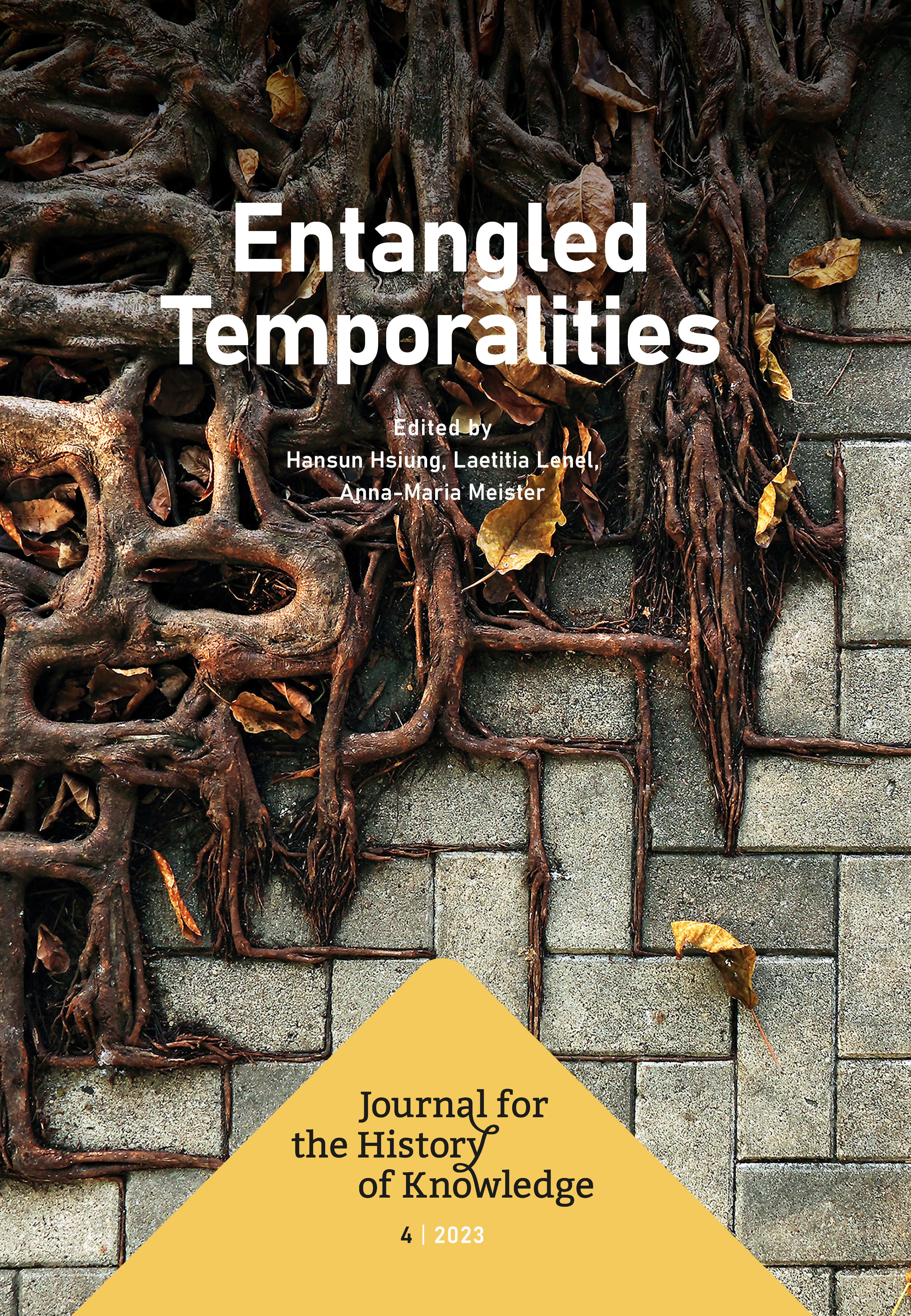Encountering Huberia
Positioning an Eighteenth-Century Professor in Time
DOI:
https://doi.org/10.55283/jhk.12532Keywords:
Göttingen, history of humanities, philology, Gessner, Johann Matthias, Huber, Johanne Christiane, personaAbstract
This article implicates the question of what a scholar is with the question of when a scholar is: that is, how a scholar is positioned in time. The act of such positioning—“timing”—involves a wide array of negotiations: it embraces everything from the way a scholarly investigator construes their temporal relationship to their object, to the way they countenance past and future investigators, to the rapidity with which they write. And of course, it demands the efforts of other people. Using the case of the eighteenth-century Göttingen professor Johann Matthias Gesner (1691–1761), this piece explores how one scholar “timed” himself in three very different arenas—his domestic and day-to-day scheduling, his reading, and his projection of his scholarship and reputation into the future. To get at how temporal positioning is a shared enterprise, the article works to excavate the role of his female family members in the process. By amplifying the traces left by Gesner’s granddaughter, the titular Huberia—along with her mother, grandmother, and great aunt—in sources documenting the professor’s life, we are able to encounter, if only fragmentarily, some of those who helped Gesner constitute himself temporally.
Before this article appeared in Volume 4 (2023), it had been published as 'online first' article on the website of Journal for the History of Knowledge on July 10, 2023. The article was not changed when it was published in the annual volume.
Downloads
Downloads
Published
Issue
Section
License
Copyright (c) 2023 Christian Flow

This work is licensed under a Creative Commons Attribution 4.0 International License.


